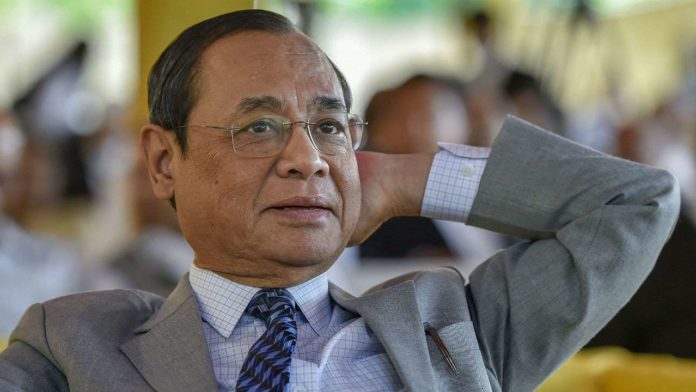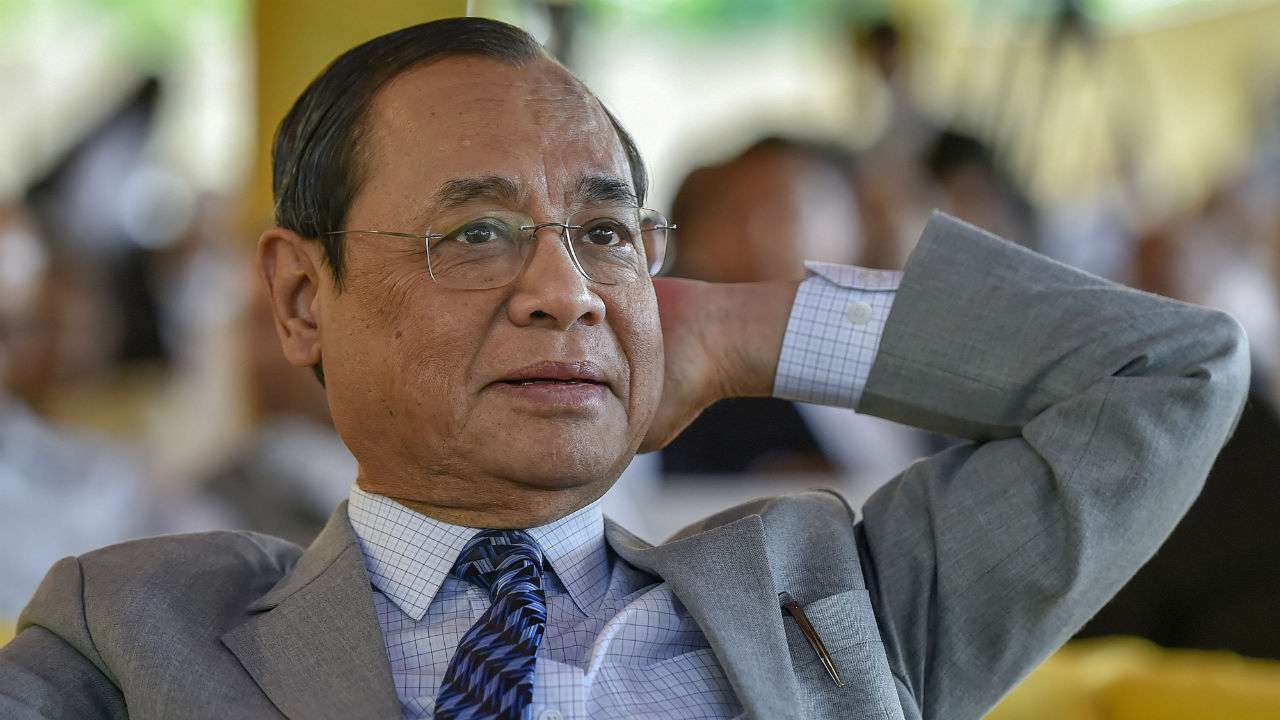The Daily Briefs are a comprehensive update of current affairs for the day. If you’d like to receive updates for current affairs every day, you’ll need to subscribe by entering your email address at the right side of this page. The previous Briefs can be accessed at the archives here.
- President of India Ram Nath Kovind has appointed Justice Ranjan Gogoi as next Chief Justice of India as per Article 124 of the Constitution. He will assume office of Chief Justice on 3rd October, 2018 after retirement of incumbent Chief Justice, Justice Dipak Misra. At present Justice Gogoi is senior-most judge of Supreme Court. He will be become 46th Chief Justice of India and will have tenure of about 13 months from October 3, 2018 till his retirement on November 17, 2019. Earlier he worked as Chief Justice of Punjab and Haryana High courts.
- Union Ministry of Water Resources has instituted National Water Awards with objective to encourage all stakeholders to manage their water resources efficiently and create water consciousness in the country. The awards will be given for 13 categories. It also seeks to encourage water use efficiency, recycling and reuse of water and creating awareness through people’s participation in targeted areas for ground water resources development, adequate capacity building etc.
- Union Ministry of Agriculture & Farmers Welfare has launched Dairy Processing & Infrastructure Development Fund (DIDF) Scheme with an outlay of Rs. 10881crore. Under this fund, first instalment of Rs. 440crore was given to National Dairy Development Board (NDDB). This scheme was approved by Cabinet Committee on Economic Affairs (CCEA) in September 2017 with aim to boost dairy sector. It is managed by NDDB and will be implemented from 2017-18 to 2028-29. Under this scheme, eligible milk organisations will be provided financial assistance in the form of a loan at 6.5% interest for building an efficient milk procurement system and other dairy processing infrastructure.
- Union Ministry of Tourism has inaugurated India’s first tribal circuit project connecting 13 tourism sites in Chhattisgarh under Swadesh Darshan Scheme. Major components sanctioned under tribal circuit project in Chhattisgarh include developing eco log huts, craft haats, souvenir shops, open amphitheatre etc. Development of tribes and tribal culture is one of the prime areas of focus for the Tourism Ministry. It is carrying out an array of activities for development and promotion of tourism in the tribal region.
- Cabinet Committee on Economic Affairs (CCEA) chaired by Prime Minister Narendra Modi has approved continuation of Capacity Development Scheme for period 2017-18 to 2019-20. It is ongoing Central Sector Scheme of Ministry of Statistics and Program Implementation (MoSPI). Its objective is to augment infrastructural, technical as well as manpower resources for making available credible and timely official statistics for policy makers and public at large. Two Sub-schemes under it are Economic Census and Support for Statistical Strengthening.
- Institute of Nuclear Medicine and Allied Sciences (INMAS) has developed India’s first indigenous medical kit for protection against nuclear warfare or radioactive leakage. The kit will ensure protection from serious injury and aid faster healing of wounds due to nuclear warfare or radioactive leakage. INMAS is laboratory of Defence Research and Development Organisation (DRDO). It was established in 1961 and is located in New Delhi.
- The Supreme Court of India on September 14, 2018 modified its July 2017 order in dowry harassment case for preventing misuse of Section 498A of Indian Penal Code (IPC). The Section 498A (dowry harassment) of IPC protects gender justice and rights. A three judges’ bench led by the Chief Justice Dipak Misra withdrew the earlier direction issued in Rajesh Sharma case which stated that complaints under Section 498A of the IPC should be scrutinised by Family Welfare Committees before any legal action by police.
- The state government of Jharkhand on September 12, 2018 introduced electric vehicles for official use. The energy department of the state received 20 such cars for its use. The cars were procured by the Energy Efficiency Services Limited (EESL), which is a joint venture of the PSUs under the Ministry of Power. With the development, Jharkhand has become the fifth state of India and the first state in eastern India to procure the eco-friendly vehicles for government use. Prior to Jharkhand, the governments of Delhi, Maharashtra, Andhra Pradesh and Telangana have procured electric cars for official purpose.
Check out the CLATGyan Test Series 2019 : 30 Simulated Online Tests + Personal Mentor | Run entirely by the students of NALSAR University of Law.
Today’s Quiz
















